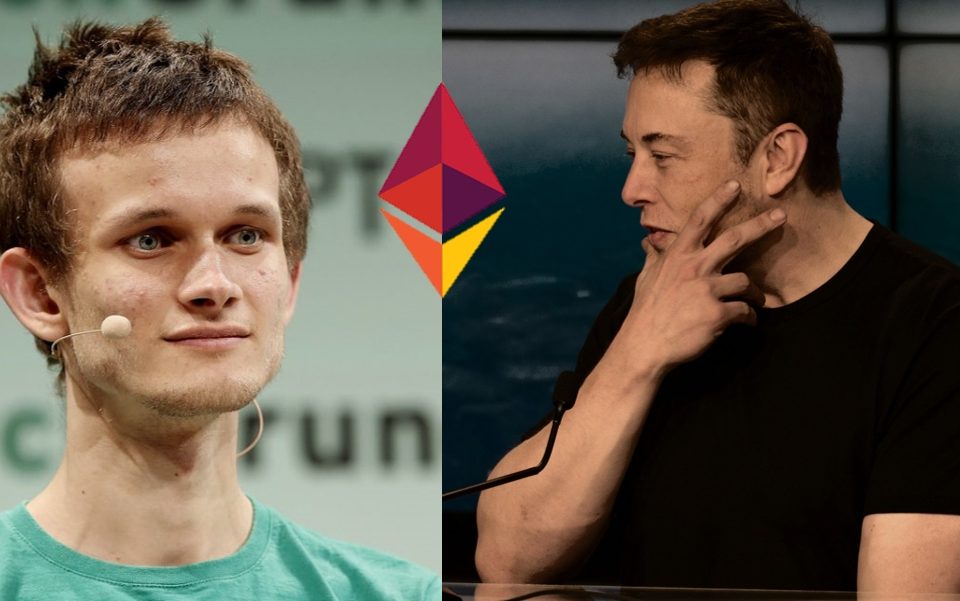
In a recent post on his personal blog, Vitalik disputed Elon's claim that a massive increase in the size of Dogecoin's block would scale the network to a "winning" level.
What's wrong according to Vitalik?
Musk's ideas on increasing block sizes fail to address the so-called "blockchain trilemma": the inevitable trade-off between scalability, security, and centralization on blockchain networks.
“How far can you push the scalability of a blockchain? Can you really, as Elon Musk wishes, "speed up block time by 10x, increase block size by 10x and reduce rate by 100x" without leading to extreme centralization? " Vitalik posed at the beginning of his blog.
According to Vitalik, the answer is no: apparently, increasing scalability on a network is nearly impossible "without leading to extreme centralization and compromising the fundamental properties that make a blockchain what it is."
"For a blockchain to be decentralized, it is critically important that users are able to run a node."
Vitalik argues in a nutshell that increasing the block size so vastly could make it impossible for the vast majority of Dogecoin owners to run full nodes, a factor that could lead to extreme centralization.
Therefore, "To maximize the number of users that can run a node," Vitalik said it is important to ensure that a node can run "on normal consumer hardware," he wrote.
To that end, “There are three key limitations to a full node's ability to process large numbers of transactions,” he said: computing power, bandwidth, and storage.
If the mining hardware requirements are too high
Apparently, Vitalik claims that on any full node, only “~ 5-10% of the CPU power can be spent on checking blocks”. In other words, full node operators must have much more CPU than is actually used for transaction verification.
If the blocks are too large, the amount of CPU power required could increase astronomically, making it impossible for the vast majority of users to function properly with full nodes.
The bandwidth and digital storage requirements needed to confirm huge chunks of transaction data would also make it very difficult and expensive to run full nodes.
Therefore, Vitalik explained, increasing block size could lead to centralization and, therefore, could leave a blockchain network much more vulnerable to attack.
Concerns about the excessive centralization of mining and full node operators have previously been expressed on the Bitcoin network (buy Bitcoins in a simple way). However, mining pools that control much of the network's hash power have previously argued that allowing changes to Bitcoin's protocol would be counterproductive.
